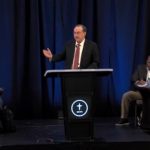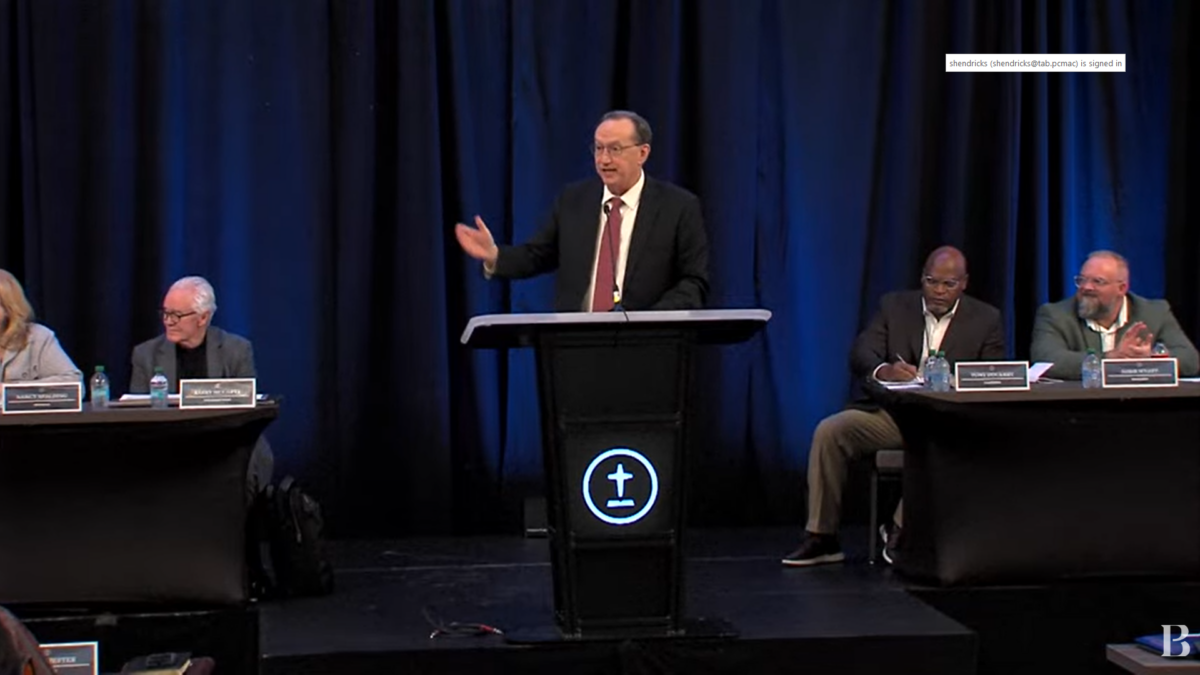The unexpected “perfect storm” of 2020 tested the fabric of American society in unprecedented ways, and brought an unimaginable surge of violent crime in the U.S.
The pandemic, coupled with an increase in violent protests, homicides, rapes, gang killings and shootings, heightened social anxiety in the nation.
Many of our nation’s cities witnessed double-digit increases in violent crime, with gun deaths the highest in some 20 years.
Judicial Watch, a conservative government watchdog group, reports that “51 cities of various sizes across the U.S. saw an average 35% jump in murder from 2019 to 2020.”
Upswing
The upswing in violent crime has produced considerable trauma in the U.S., primarily in inner cities and communities where violence is most prevalent. Hate crimes also skyrocketed, especially against the nation’s Asian, Jewish and LGBTQ communities.
Based on data from the early months of 2021, experts predict the violence probably won’t decrease anytime soon. The negative impact of this escalating violent crime wave on the nation’s children has been especially severe, likely affecting their development and education as well as enhancing depression and anxiety. The COVID-19 quarantine, which forced families to isolate at home together for long periods, brought more cases of domestic violence and child abuse.
When children witness or experience violence, they may become distrustful of the people in their lives. They also have a heightened risk for conflict with others, self-destruction, suicide, post-traumatic stress and elevated aggression.
Adult years
The trauma follows them into adulthood. Research shows children who are exposed to long-term violence — as witnesses or victims — are at a higher risk to suffer poor mental health, drug and alcohol abuse, risky sexual behavior, criminality and neglectful or abusive parenting during their adult lives.
Christian parents and grandparents are justifiably concerned about the rising violence in their communities. They want to protect their children. Here are some suggestions:
- Provide daily opportunities for children to talk, honestly expressing their fears and feelings about personal safety. Listen, ask questions and respond in age-appropriate ways.
- Reassure children you love them, pray for them and will always do whatever you can to protect them from harm.
- As a family, read Scripture and pray together during regular family devotional times.
- Teach children to dial 911 and call for help when witnessing a crime outside the home or if their safety is threatened within the home.
- Reduce children’s exposure to violence on television news, social media, videos, films and computer games. If they spend time with neighbors and/or other family members, make those caregivers aware of your family’s boundaries and ask them to honor them.
Children are precious gifts from God. They are the country’s future. In this continuing and escalating crime surge, children need the protection, affection, security and stability of family and church to keep them safe from negative and long-term results of violence.
A violent crime is one where the victim is harmed by or threatened with violence. Under U.S. law, violent crimes include murder, rape, sexual assault, robbery and assault.
Click here to read how the church can help address community violence.










